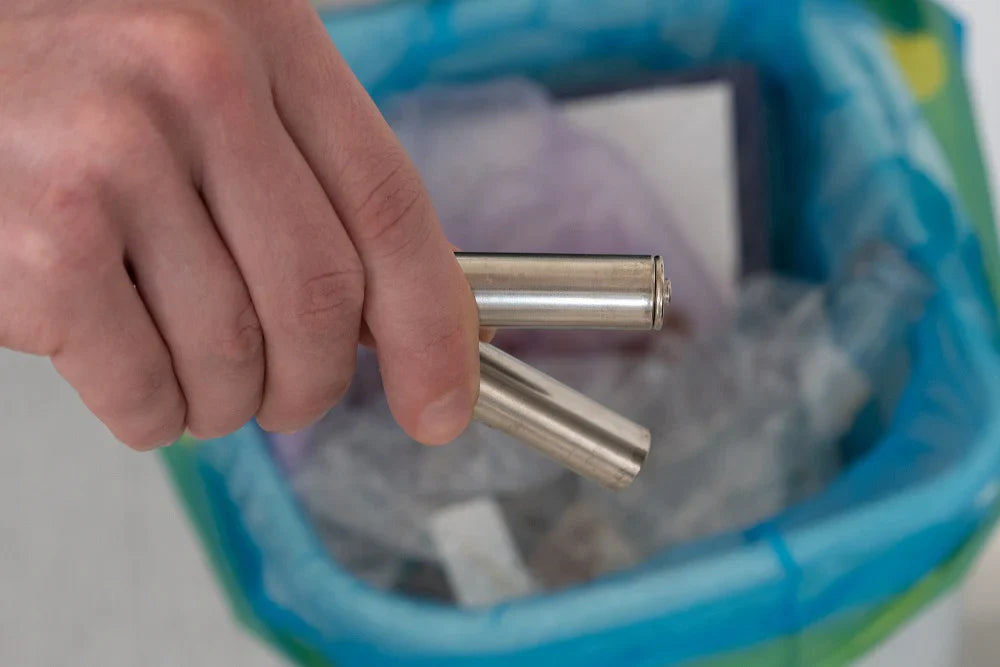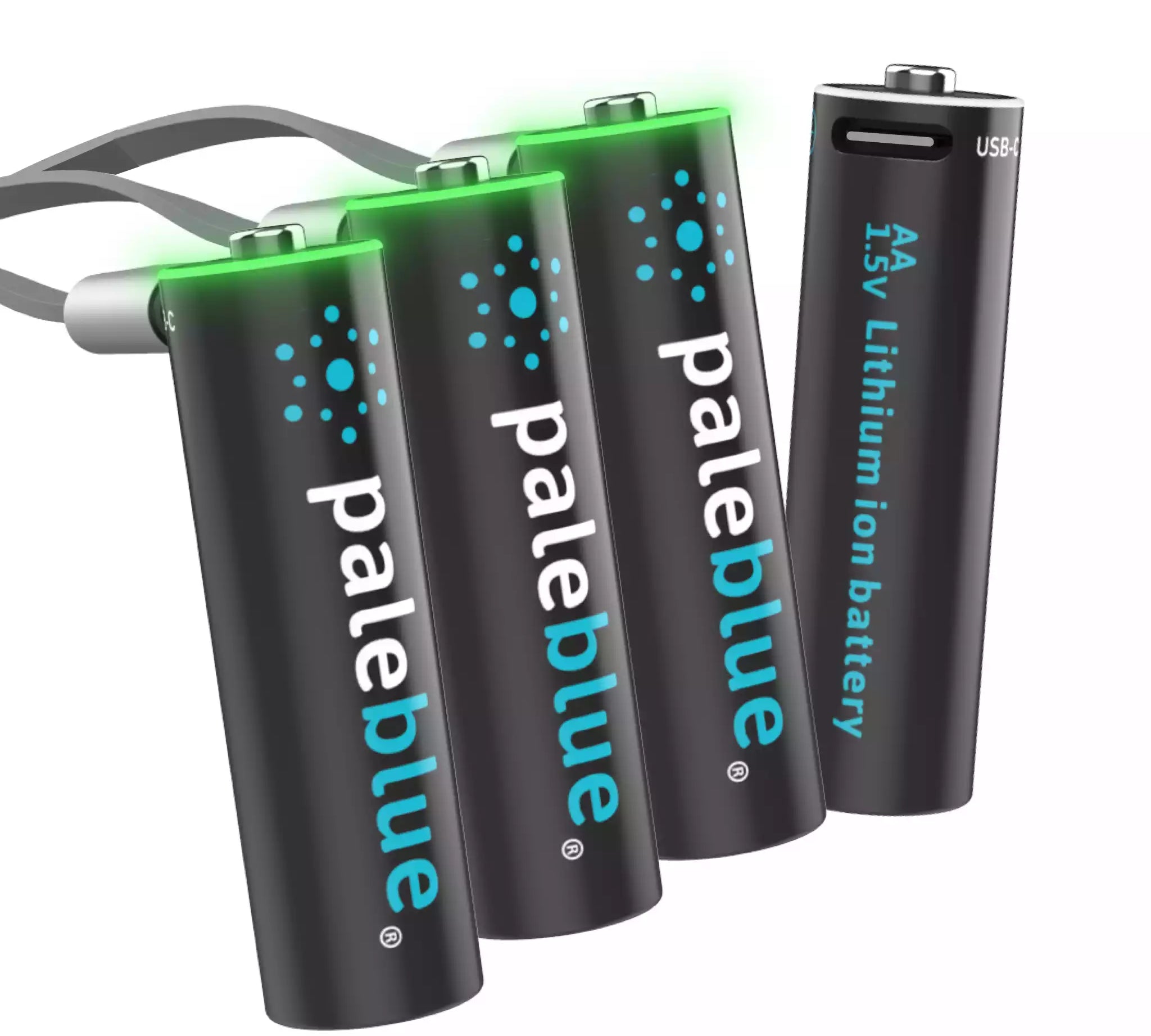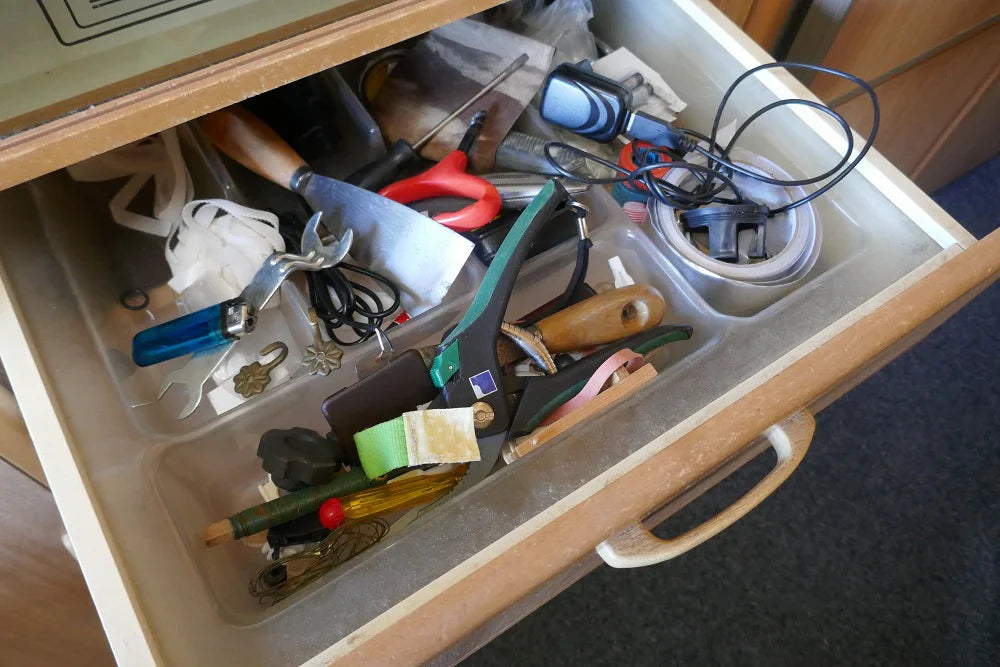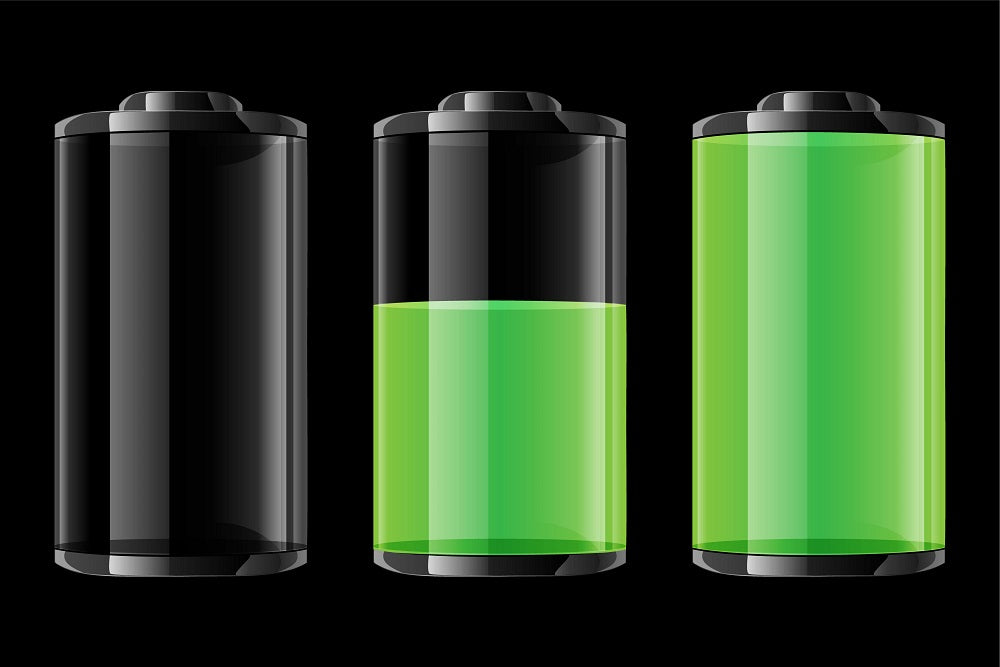We are Allowed to Throw Alkaline Batteries Away – But Should We?

Now that single-use alkaline batteries no longer contain chemicals deemed harmful to the environment, the EPA considers them safe for landfills. (note: California classifies alkaline batteries as hazardous waste). That means we can throw away single-use batteries to our heart's content. But should we? Just because something is possible does not make it smart. Just because we can do something doesn't mean it's right to do.
One of our primary goals when we started Paleblue was to contribute to the overall goal of reducing the number of alkaline batteries destined for landfills. We are making good progress and continue to be as serious about it today as we were on our first day of business. Every Paleblue USB rechargeable battery sold represents up to one thousand or more alkaline batteries that don't get produced, shipped, warehoused, or thrown away, not to mention hundreds of packages too!
Solid Waste Continues to Grow
A chief concern regarding landfills is that human beings continue to generate more solid waste with every passing year. According to the World Bank, the world's population currently generates just over 2 billion tons of solid waste annually. That volume is expected to grow to more than 3.4 billion tons over the next 25 years or so. All that solid waste has to go somewhere.
The World Bank also says that 37% of the world's solid waste is disposed of in landfills. Just 19% is recycled while 11% is incinerated. The most harmful form of solid waste disposal, open dumping, accounts for 31% of the total. The long and short of it is that we produce a lot of solid waste that has a measurable impact on the environment no matter how we dispose of it.
We get the fact that human beings produce waste. We understand that the laws of nature make it impossible to completely eliminate waste. But that doesn't inhibit us from reducing the amount of waste we generate. To that end, we believe rechargeable batteries are a far better choice than single-use alkaline batteries, but the key is to convince all the single use battery users that there is finally a rechargeable that is reliable, convenient, and easy to use.
Reducing Unnecessary Waste
From our perspective, the place to start in the fight to reduce waste is to reduce that which is completely unnecessary. Single-use alkaline batteries certainly fit the bill. They were useful technology in their day. They did what they were supposed to do, and they did it well. But we no longer need single-use batteries. We no longer need to rely on alkaline battery technology. From our point of view, there simply is no reason to continue producing the single-use batteries that power our electronic devices.
The University of Southern Indiana says that about one-third of all solid waste in the U.S. is comprised of packaging material. Why bring this up? Because there are plenty of companies and organizations now actively working to eliminate single-use packaging from the waste stream.
Companies are starting to rethink how they package their products. Local and state governments are making a concerted effort to pass legislation encouraging companies to avoid single-use packaging. If we can put that much effort into keeping plastic bags and food containers out of our landfills, then surely we can do the same thing with batteries.
Every Little Bit Helps
One person replacing alkaline batteries with rechargeable lithium-ion cells isn't going to make a drastic dent in the solid waste problem. Even a thousand people are only going to make a negligible difference. But here's the thing: every little bit helps. It is a lot like collecting pennies. Collect them long enough and you'll build up quite a sum.
The EPA says we can throw single-use batteries away. But should we? No. We should avoid them altogether. We should use rechargeable batteries instead.
- Tags: Sustainability







